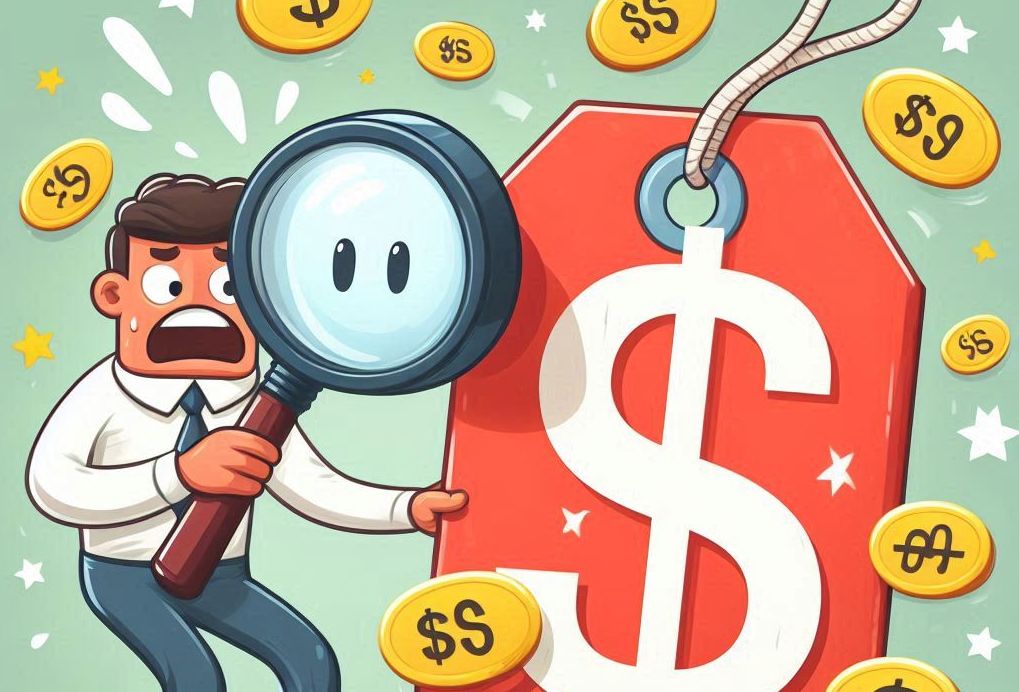-
Preserve Every Voice: Your Essential Zoom H1n SD Card Compatibility Guide for Oral Historians!

So you’ve got your trusty Zoom H1n, ready to capture those invaluable stories, memories, and narratives for your oral history projects. It’s a fantastic portable recorder, but like any digital device, its performance hinges on one crucial component: the SD card. Get it wrong, and you could face frustrating “Invalid SD Card” errors, lost recordings…
-
Typing Less, Hearing More: PhraseExpress vs. Express Scribe for the Oral Historian

For oral historians, the journey from raw audio to a polished, searchable transcript is a cornerstone of the entire project. It’s where the rich tapestry of lived experience begins to take written form. In this crucial stage, leveraging the right tools can make all the difference in efficiency, accuracy, and ultimately, the quality of your…
-
Echoes in Every Voice: Unearthing Community Roots through Spoken Stories and Song

Every community holds a treasure chest of history, not just in dusty archives or old photographs, but vibrantly alive in the spoken stories and songs passed down through generations. This isn’t just about entertainment; it’s about the very essence of a community’s cultural and historical background. These oral traditions are the pulsating heart of heritage,…
-
How to Make the Most of Your Zoom Recordings: A Format Focus

In the burgeoning field of digital oral history, Zoom has emerged as a powerful and ubiquitous tool. It bridges geographical divides, enabling researchers to conduct interviews with participants across continents, while simultaneously offering a platform for community gatherings, knowledge sharing, and the preservation of invaluable oral testimonies. However, the very act of capturing these precious…
-
The Hidden Costs: Why Free Transcription Tools Might Fall Short

In the quest to efficiently transform spoken words into written text, the allure of “free” transcription tools can be strong. After all, who doesn’t love saving a buck, especially when dealing with a mountain of audio? However, while these complimentary options can be a starting point for very basic needs, it’s crucial for oral historians,…
-
Echoes of Tomorrow: How Oral History Illuminates Our Modern Challenges

In a world increasingly shaped by algorithms, global crises, and rapid technological advancements, it might seem that the ancient art of oral history has little to say. Yet, by delving into the very essence of what oral history is—the collection, interpretation, and understanding of lived human experience—we find powerful intersections with our most pressing modern…
-
“Invalid SD Card” on Your Zoom H1n? A Guide for Oral Historians

You’re in the middle of a powerful interview, capturing precious memories and insights, and then your Zoom H1n flashes that dreaded “Invalid SD Card” message. For oral historians, whose work hinges on reliable audio recording, this can feel like a minor crisis. But don’t panic! Let’s troubleshoot this together and get you back to documenting…
-
Hearing the Full Story: Understanding the Zoom H1n’s Frequency Response for Oral History

As oral historians, our primary tool is often the humble audio recorder. We rely on these devices to faithfully capture the nuances of voice, the emotion in a tone, and the subtle sounds that paint a vivid picture of the past. For many, the Zoom H1n is a go-to recorder for its portability and ease…
-
Beyond the Words: Capturing the Soundscape of Memory in Clean Verbatim Oral History

As oral historians, our commitment to clean verbatim transcription aims for accuracy and preserves the spoken word as closely as possible. However, the richness of an oral history interview often extends beyond the dialogue itself. Significant sound events – a sudden shift in tone, a poignant sigh, the distant chime of a clock – can…
-
Beyond the Transcript: Understanding Oral Historiography

As oral historians, you dedicate yourselves to the profound act of listening. You meticulously record voices, capture memories, and preserve personal narratives that might otherwise fade into silence. But the journey from recorded interview to historical understanding extends beyond mere transcription. This is where oral historiography comes into play. So, what exactly is oral historiography?…